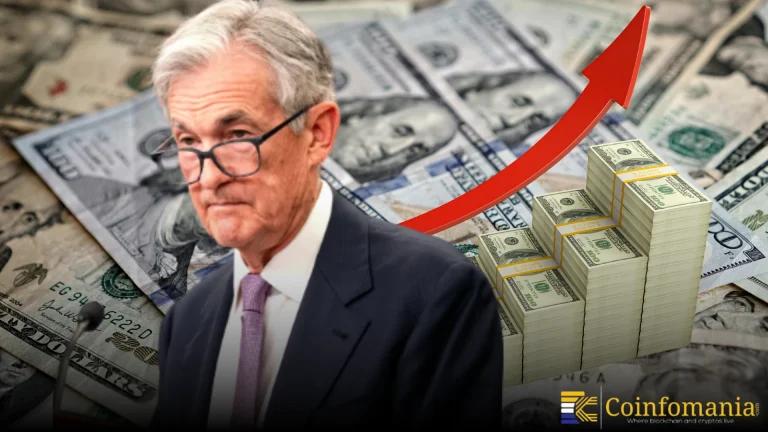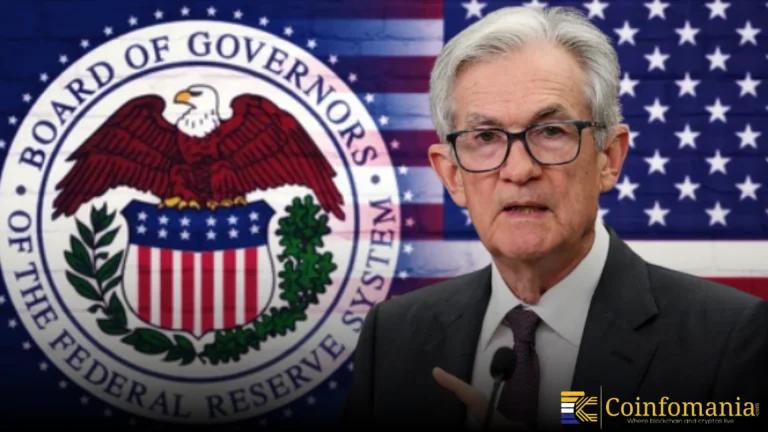Why Pakistan Is Betting on Bitcoin to Fix Its Energy Problem—And It Might Work
Pakistan’s unused power may soon fuel Bitcoin mining and AI growth.

In a stunning turn of events, Pakistan is turning its energy surplus into digital gold—literally. The country is now betting big on Bitcoin mining and AI data centres, fueled not by imported energy but by excess electricity that has long gone to waste.
What started as a challenge—managing an overcapacity grid due to booming solar adoption—has now transformed into a potentially game-changing economic strategy.
At the centre of this bold pivot is Bilal Bin Saqib, founder of the Pakistan Crypto Council (PCC) and adviser to the finance minister. His vision? Offer ultra-competitive electricity rates to crypto miners and data hubs, turning idle kilowatts into high-value digital output.
“Instead of letting surplus energy sit idle, we want to put it to work—mining Bitcoin, supporting AI and fueling the future of our digital economy,” Saqib recently said.
A Power Play for Digital Dominance
This isn’t just about squeezing value out of the grid—it’s a sign that Pakistan wants in on the global digital transformation.
And it’s got heavyweight backing.
In a surprise move that raised eyebrows across the crypto world, Binance founder Changpeng Zhao (CZ) has joined as a strategic adviser to the PCC. Despite stepping down from Binance amidst regulatory storms, CZ’s presence sends a clear signal: Pakistan is serious about its crypto future.
His role will go far beyond ceremonial duties. CZ is expected to guide Pakistan’s national crypto regulation, help draft blockchain strategies, and support digital asset education—especially among the country’s massive youth population.
Crypto’s Growing Roots in Pakistan
This isn’t a random experiment. Pakistan already ranks among the top ten countries globally for crypto adoption, with an estimated 15–20 million users actively trading or holding digital assets.
What it hasn’t had—until now—is a unified regulatory framework to match this grassroots momentum.
At its inaugural meeting, chaired by Finance Minister Muhammad Aurangzeb, the PCC laid out plans for crypto licensing, mining oversight, and consumer protection laws. It’s a massive step toward turning what has been an underground economy into a formal, thriving sector.
Turning a Liability into Leverage
Bitcoin mining, while energy-intensive, is location-agnostic—it only needs power, hardware, and regulation. Pakistan has at least two of the three ready to go.
The logic is simple: sell the cheap, excess electricity that would otherwise be wasted to miners around the world looking for lower costs. In return, Pakistan earns in Bitcoin, attracts foreign direct investment, and creates high-skill jobs for its growing tech sector.
If executed well, this could be Pakistan’s ticket to becoming a regional innovation hub, not just in crypto, but also in AI and data services—sectors already reshaping global economics.
High Stakes, Huge Potential
Of course, the success of this bold play depends on follow-through. Without clear laws and stable policies, investors will hesitate. Pakistan’s past with tech ventures has been a rocky one.
But this time feels different.
With international backing, regulatory focus, and a deep alignment between energy and digital strategy, Pakistan is sending a message: crypto isn’t a threat—it’s a national opportunity.
If it plays its cards right, Pakistan could go from energy inefficiency to economic reinvention—one mined Bitcoin at a time.
Follow us on Google News
Get the latest crypto insights and updates.


